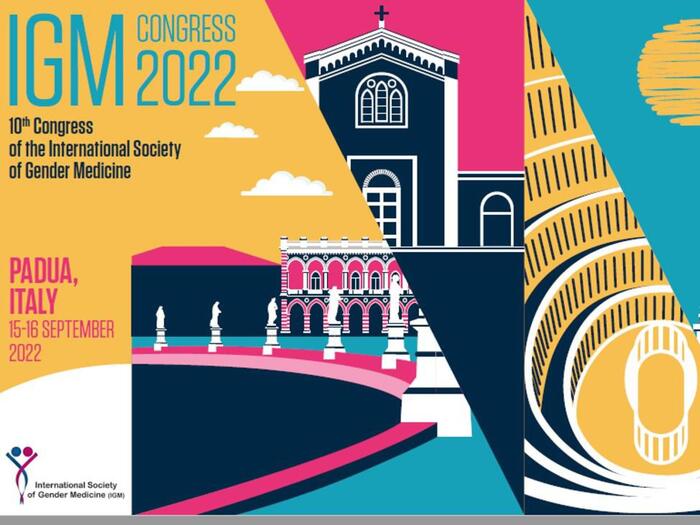(ANSA) - ROME, SEPTEMBER 17 - Different in the way they get sick with Covid-19, men and women are also different in the way they respond to vaccines against Sars-COV-2.
The latter, in fact, respond better to vaccination, but also see the effect decrease more quickly.
This is the result of a study by the Istituto Superiore di Sanità (Iss) presented at the International Congress of Gender Medicine, underway in Padua.
To evaluate the different response of anti-Spike antibodies (the protein that the SarsCV2 virus uses to attack human cells), the researchers collected data from health workers, the first to receive the vaccine.
The data of 136 males and 385 females, vaccinated with duedoses working in a hospital in Rome, were examined.
For all individuals, anti-Spike antibody levels were measured at different time intervals: 16 days after the second dose of vaccine;
77 days later and 154 days later.
It found that between 15 and 150 days after the second dose, female healthcare professionals showed 1.7 times higher antibody-Spike titers than males, so the response was higher in women than in men.
But 154 days after the second dose, anti-Spiker antibody titers decreased significantly and reached similar levels in both male and female workers.
Therefore, even if the antibodies decrease in both sexes after a few months from the vaccine, in fact the decrease is more abrupt and sudden in women.
Furthermore,
"Women - observes Anna Ruggieri, senior researcher of the ISS - are more immunoreactive, they respond better to infections, and this is also the case in Covid-19. But there is a downside: women are more affected by autoimmune disorders, they have adverse reactions to more frequent and larger vaccines than men. While those who do not develop protective antibodies after vaccinations are more often male ".
Knowing this, "can help put more personalized health surveillance strategies on the line."
(HANDLE).

